Division of Biostatistics
Research Excellence through Statistical Collaboration
Data is everywhere, and healthcare is no exception. Medicine is driven by empirical evidence derived from data that were collected in clinical trials, observational studies, and retrospective medical record reviews. Biostatisticians are trained in estimation and inference from data, with specific applications in the biomedical sciences. As collaborators, biostatisticians:
- Partner with researchers to align their scientific objectives with research strategies that optimally collect the needed data while minimizing potential risks and biases
- Support the generation of data collection forms, surveys, and database queries that include quality control and validation steps for a trustworthy readout of the study
- Conduct appropriate analyses to address the research hypotheses using the collected data and applying traditional or novel techniques
- Translate analytic results for dissemination within the local research team, broader research community, and public
- Partner with researchers to craft grant applications in support of new and ongoing research programs, as analysts, collaborators, primary investigators, and/or core leaders
- Promote data science comprehension and advancement within the health sciences by providing training, mentoring, and resources for continuing education
- Serve the research community through active participation in regulatory boards and peer review programs
Founded in 1983, the Division of Biostatistics is proud to celebrate 40 years in partnership with the clinical, public health, and basic science researchers at Henry Ford Health.
Our People
The Division of Biostatistics includes faculty biostatisticians, MS-trained staff biostatisticians, and BS-trained programmer analysts. The biostatisticians are each trained in the basic approaches for continuous, categorical, and time-to-event outcomes, collected cross-sectionally or longitudinally. We each have additional specialties, such as epidemiological studies, clinical trials, or molecular profiling. Many biostatisticians additionally specialize in specific research domains, which supports team science.
Faculty: Faculty biostatisticians hold a PhD in biostatistics or statistics with experience in the health sciences. As members of the Henry Ford Medical Group’s Bioscientific Staff, they follow the Collaborative Investigator track, advancing from Assistant to Associate to Senior Scientist. This track is focused on our unique contributions to team science. Faculty members collaborate on, or lead, grant funded projects, contribute to the scientific literature, and serve the broader research community (link promotion criteria). All faculty members also hold academic rank at our academic partner, Michigan State University, in the Department of Epidemiology and Biostatistics.
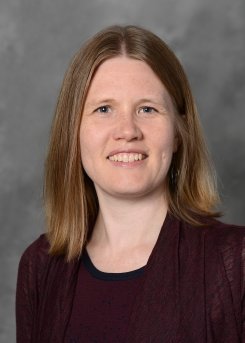
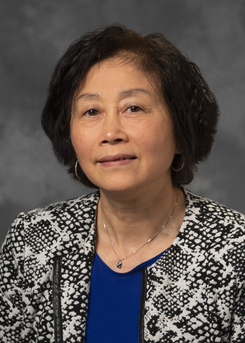
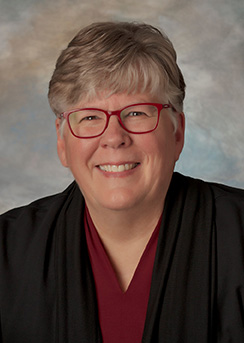
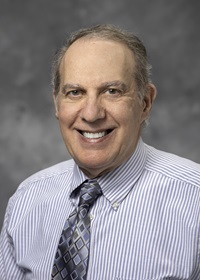
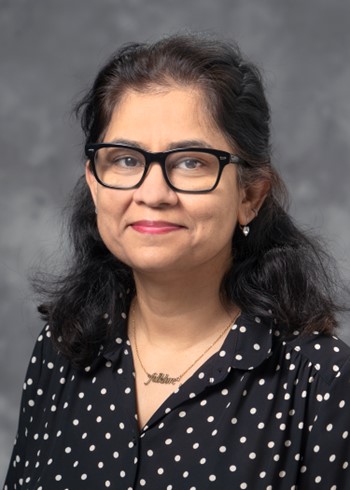
Research Interests: Cancer epidemiology, Statistical design and analysis for clinical trials, Predictive analysis, Prognostic study design and analysis, Longitudinal and Missing data analysis.

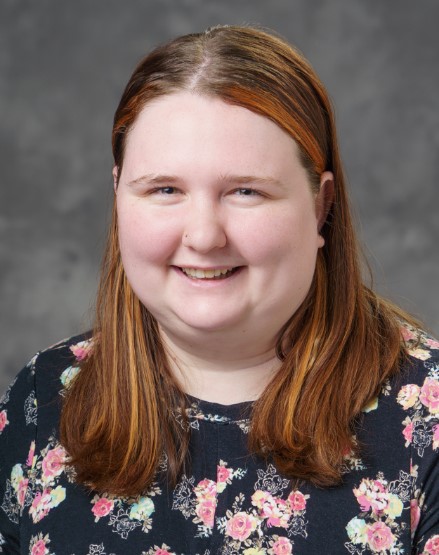
Research Interests: Causal Inference, Instrumental variables, Text message-based intervention analysis, Quantifying effects of user engagement in trials, Women’s health research
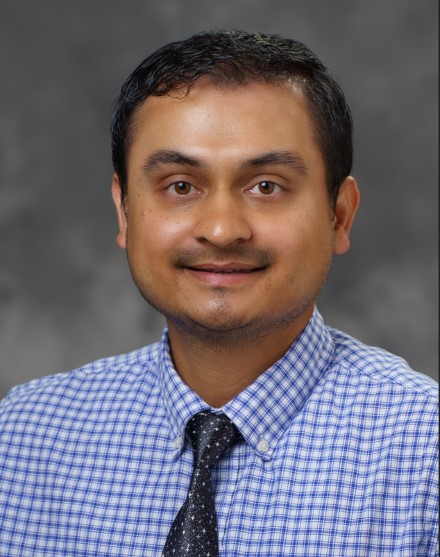
Research Interests: Statistical Distribution Theory, Design and Analysis of Clinical Trials and Observational Studies, Applied Machine Learning

Research Interests: Social determinants of health, Behavioral health, Bayesian statistical models, Immunology

Research Interests: Cancer epidemiology, Transfer/Federated learning, Precision medicine
Staff: Staff biostatisticians hold at least a Master of Science (MS) in biostatistics, applied statistics, or an equivalent program. They support all phases of analysis from design, data preparation, analysis, and communication of results. With experience and continued education, staff biostatisticians advance in level demonstrating greater mastery and independence. The biostatistician 4 title indicates staff functioning at the level of a junior faculty member.
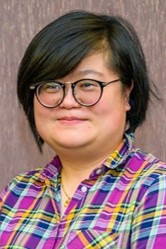

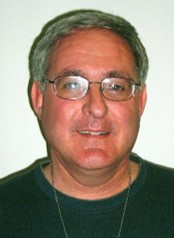



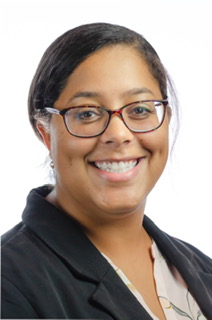







Programmer Analyst: Programmer analysts have a Bachelor of Science degree in statistics or data science, with applications to the health sciences. The programmer analyst is a member of a data team who supports the construction, maintenance, and querying of research data.

.svg?iar=0&hash=F6049510E33E4E6D8196C26CCC0A64A4)

/hfh-logo-main--white.svg?iar=0&hash=ED491CBFADFB7670FAE94559C98D7798)
